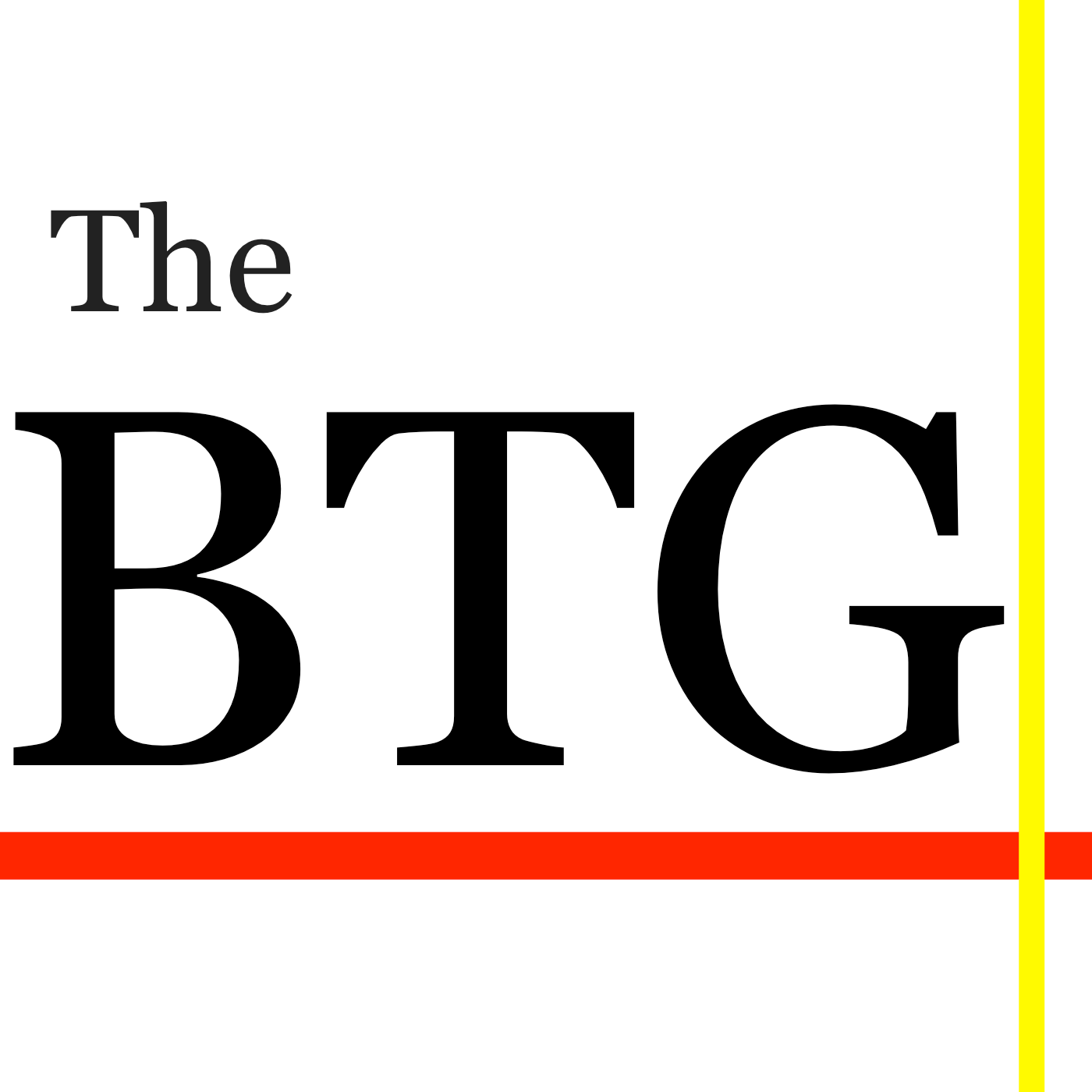Website: britishtheatreguide.info
Article Title: The Bacchae at Theatro Technis.
Posted: 17/03/2012
In this tale, the god Dionysus arrives in Thebes to punish its royal family for their insult to his mother for refusing to accept that the god Zeus was his father and King Cadmus especially for still refusing to acknowledge and honour his divinity. The Theban women are celebrating Dionysus rites on the Mount Kithara and Cadmus‘s grandfather and the ancient seer Teiresias proposes to join them. The King claps the disguised god in prison but, freed by an earthquake, the god traps Pentheus in a terrible revenge. It is powerful and dramatic stuff into which this young company pours enormous energy.
Director Natalie Katsou has chosen to present the wine god as a white-suited pop idol. It may not be a new idea but it is certainly a valid one, for he comes as a charismatic figure complete with his own gaggle of groupies. Designer Eleanor Field decks them out in multi-layered skirts and bright silk and chiffon scarves with added glitter that suggest he found them in a Mumbai market or lined up as extras for a Bollywood musical, all totally in keeping for they have followed Dionysus from the East. Instead of the classical thrysus, the phallic staff of fennel bound with vines and tipped with a pine cone carried by Bacchic celebrants, Cadmus and Teiresias carry guitars and it is a guitar that Dionysus hands to Pentheus to complete his disguise when he takes him up Mount Kitharon to secretly observe the rituals.
It is well thought through but there is a problem with the chorus. While it may make sense for a group of screaming pop star followers to shriek and giggle and desperately try to attract attention—even perhaps with the grotesque parody of oriental gyrations they indulge in—the chorus are not supposed to be in the midst of bacchic frenzy, they are there to give us information. To split the text split up into short phrases passed between them places impossible demands on these inexperienced actresses and their continual movement as individuals emerging aggressively demanding individual notice further distracts from any meaning. Soprano voices that lack clear diction are almost totally lost, only those with deeper tone come through clearly and they don’t yet know how to pass a thought along. It feels too much like a school play with everyone shouting “It’s my moment mummy!”
That makes me sound as savage as Dionysus but we must make allowances. This is a show in front of a paying audience by what I think wants to be perceived as a professional company. In fact these are drama students and this is a sort of showcase (complete with photos of participants in the lobby just like any drama school). Fourth Monkey runs acting courses, scheduled so that people can go on earning a living, with short seasons playing several plays in repertoire as part of their training. It offers “performing experience on a professional stage” as central to their work. In theory it provides some of that experience that repertory companies used to, and on which many of our best actors were nurtured. Their fees probably compare with other drama courses where you couldn’t easily hold down another job and include travel and accommodation for seasons in Edinburgh and working in Italy so for some they will be a potential alternative to the academies. One hopes these young women will have more opportunity to show their ability in the other plays they are doing where a preponderance of females is being addressed by gender blind casting.
The young men playing the old ex king and seer do little beyond a limp to suggest their age; though this is one play where the young person’s caricature of age as querulous and feeble might be acceptably funny, they don’t take that route. Without the help of make-up or costume you just have to accept their seniority. They bring a relaxed confidence to their roles and both Pentheus and Dionysus are played with assurance. Dionysus hardly oozes that charismatic sex appeal that has snared both men and women in some previous productions—it is his star status that is his attraction. Even for the men, Bolt’s bouncing rhyming rhythms prove challenging. They sometimes too easily slip into emphasising the ball as it goes down, weakening the end of the line and breaking text into phrases rather presenting a thought through sentence. The playing of the messenger, perhaps because he has clear reportage, handles it the best.
Towards the end of the play as it unleashes its full horror, this production becomes less frenetic. The chorus is still for the final exposure of what Pentheus’s mother Agave has done to him, and the actress playing Agave avoids overdoing the melodrama. As things draw to a close, this production is at its most effective and its young players give their best.
This production is performed in repertoire with two others.
http://www.britishtheatreguide.info/reviews/the-bacchae-7279


